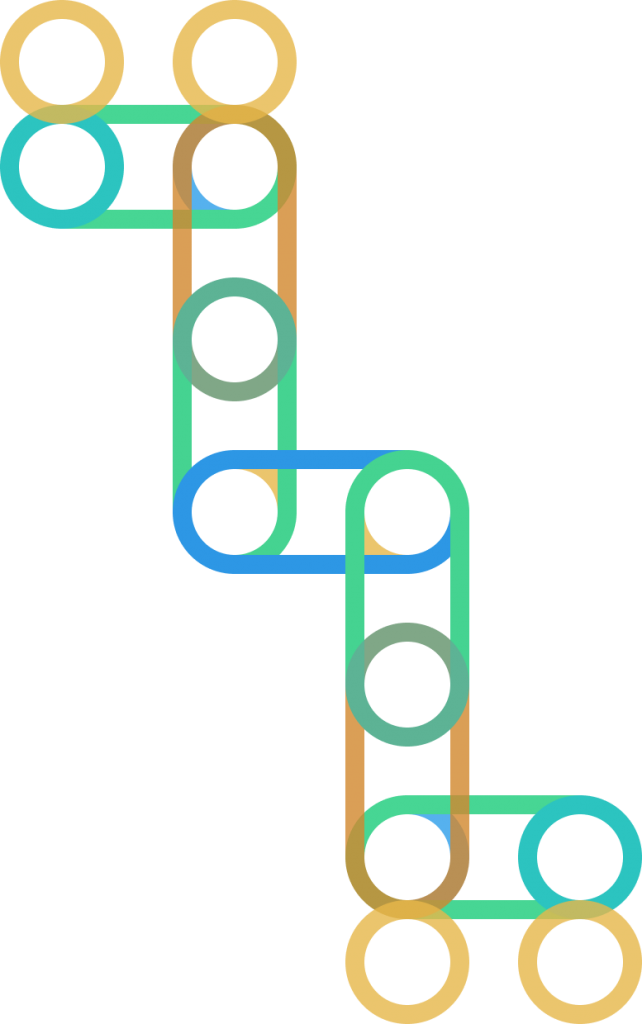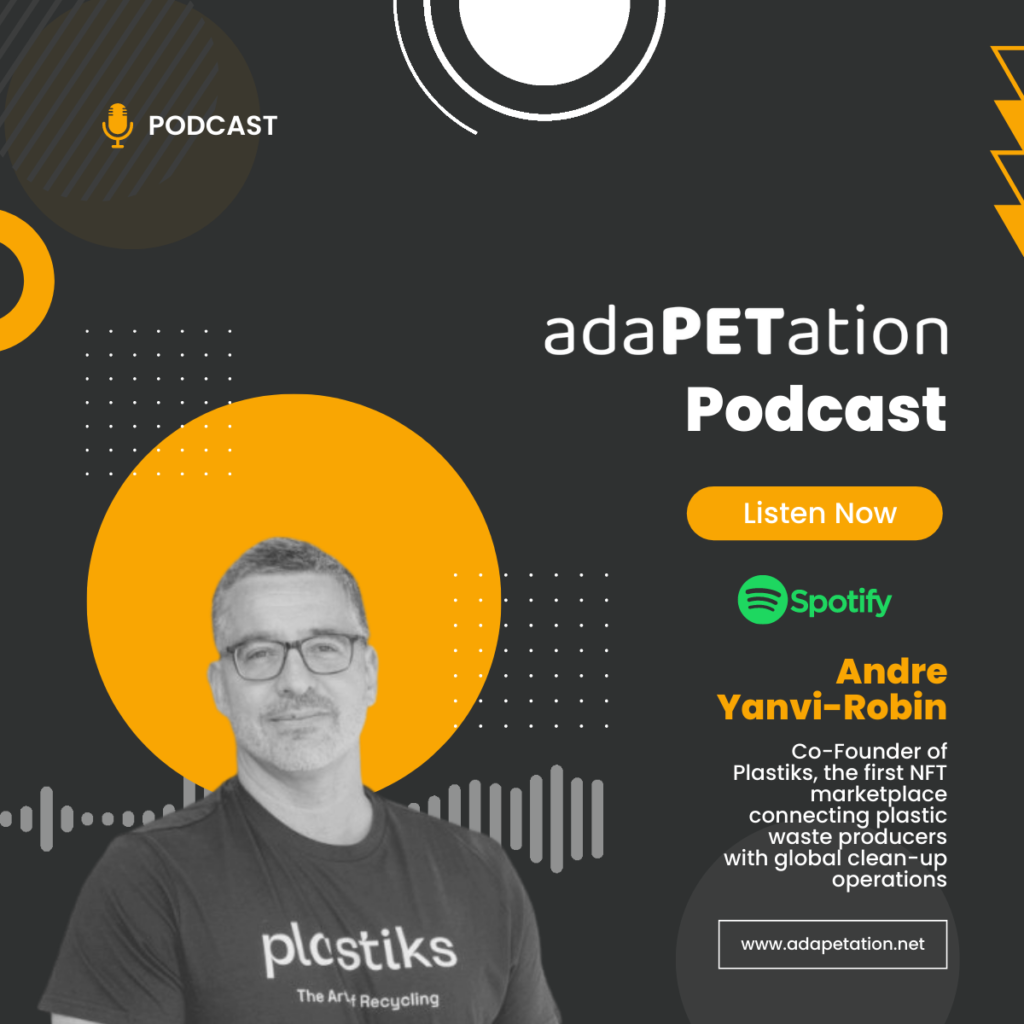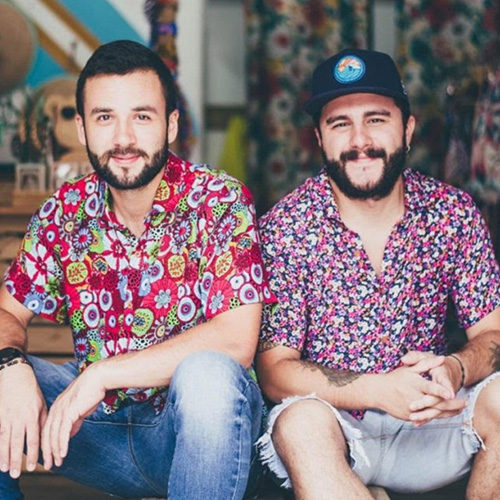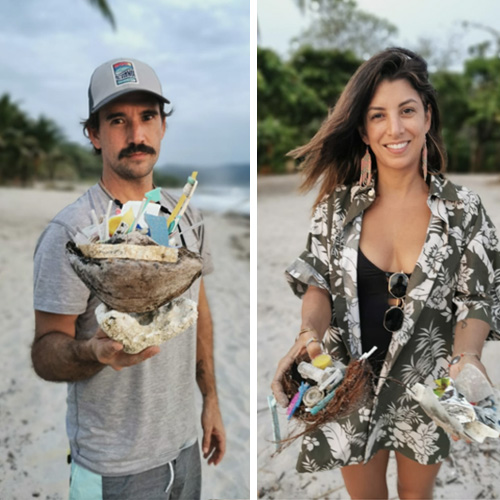
Joining up the digital dots between plastic waste producers and global clean-up champions, Plastiks is on a mission to elevate traceability in the plastic value chain with the first NFT marketplace for plastic waste clean-up activities around the world.

Harnessing the power of web 3.0, online NFT (non fungible token) marketplace, Plastiks has created an innovative bridge connecting plastic waste producers and the clean-up champions to stem the tide of plastic into our oceans.
Putting the art into recycling, Plastiks, gives individuals and organizations the chance to fund clean-up operations in India, Brazil, Thailand, Kenya and Egypt. It’s the first step towards the tokenization of recycling and an important way to increase the visibility of the people on the frontline of the fight to close the loop on plastic waste.
“We’re addressing two problems: the lack of transparency and the lack of traceability in the waste management industry and the second one is the lack of financial support for waste recovery in developing nations that do not have the same level of infrastructure as you have in Europe,” says Andre Yanvi-Robin, co-founder of Plastiks in conversation with The AdaPETation Podcast.
“How can we provide a solution that will allow the average citizen to contribute to fighting plastic in the environment and contribute to fighting climate change came about the concept of wanting to focus on the waste management industry and providing a model that would incentivize them to be transparent with the information generated from the activity of waste recovery,” he says.
By combining what he calls “the explosion in Web 3.0 and the creation of a multibillion dollar industry, which is the NFT industry”, the company opted to combine technology with a new business model and a purpose.
“We said we will provide a third source of revenue for waste management companies to be able to incentivize them to be forthcoming with the information regarding the activity of collecting waste and selling it to the recycling industry. And this will also help entities with the ability to acquire these guarantees, this information in such a way where they would know verifiably that a certain amount and a certain quantity of plastic would be retired or recovered,” he says.
Network Building Potential
The company is building a network connecting companies committed to the cause, plastic producing brands that want a way to share with their customers their commitment to balancing out their plastic footprint to cleanup operations around the world.
Companies and individuals looking to invest in these cleanups can do so by buying NFTs – unique tokens that represent a certain quantity of plastic recovered from the environment. Examples include the five-star Hotel Lancaster in Paris, that sells certain rooms with plastic waste collection contributions included in the cost of the stay.
What better way to sleep than knowing that you’ve contributed to making the world a better place and wake up with a piece of artwork in your digital wallet that proves your commitment to closing the loop on plastic waste? Others include Clos Galena, a Spanish wine producer that offsets its plastic waste with an investment in the cleanup operations of Green Worms in Kerala, India.
The money from the sale gets channeled to a good cause, funding future clean-up actions in remote places where waste management infrastructure is lacking like Sri Lanka, Thailand, Tanzania, Kenya, Egypt, Ivory Coast, Brazil or India.
It’s already working to pull tonnes of plastic out of some of the most delicate ecosystems – our oceans, rivers and wetlands.
“Ultimately companies in those countries are already actively pulling plastic out of the Nile, putting plastic out of the Ganges, pulling plastic out of the Amazon, pulling plastic out from the city of Nairobi, etc., and ultimately putting up the proof that they have recovered plastics and that they have sold it to the recycling industry for sale. And this provides for them a source of income that they can translate into hiring more waste pickers, acquiring more equipment, or even getting all sorts of tools so that more plastic can be recovered,” says Yanvi-Robin.
Moving Upstream On the Cards
Plastik’s web 3.0 approach helps create a direct link between producers and recyclers, however, the company opted against extending its approach further upstream to include plastic and polymers producers at conception.
“It’s a business model issue,” says Yanvi-Robin. “In fact, if in terms of projects being interested in creating more transparency upstream, there are those that could be. The problem is who’s going to pay for it? Everybody says they want to save the world, but nobody wants to pay for it. This is a maxim. This is a reality.”
Waste management seemed to be the most obvious place to start for its crucial role in plugging an obvious gap in the plastics value chain.
“When you come to the world of NFTs and waste recovery, the first defense against waste, recovery against waste in the environment, you come up with a very interesting business model,” says Yanvi-Robin. “It’s a space where you need to fund and incentivize the recovery and the transparency, and one where you can actually incentivize the combination of the recovery with recycling. So that way you can basically lock in two components of the process: the recovery and the recycling to make sure that at least you know for a fact that it’s being recovered and recycled.”
It’s only a matter of time before extended producer responsibility moves further upstream, according to Yanvi-Robin.
“Eventually legislation is going to force companies to go further upstream,” he says. “And so, of course, they will already have established a good bridge with what we’re doing. So we think a combination of growth of plastics and more importantly, web 3.0 with plastic recovery combined with legislation are going to eventually make a society at a global level of full transparency in the process of plastic production, distribution and consumption.”
If you like this content and would like to help close the loop on plastic waste then join the AdaPETation Network by clicking on the button below.
Share it
Useful Links
THE HISTORY OF PLASTIC
Throughout the history of plastic, PET has been crucial in keeping food fresh with lightweight and durable packaging solutions that have helped reduce food waste for almost a century. Learn all about the invention of plastic and the important role it has played feeding people and saving the lives of humans and elephants in the adaPETation® timeline of the history of plastic.





